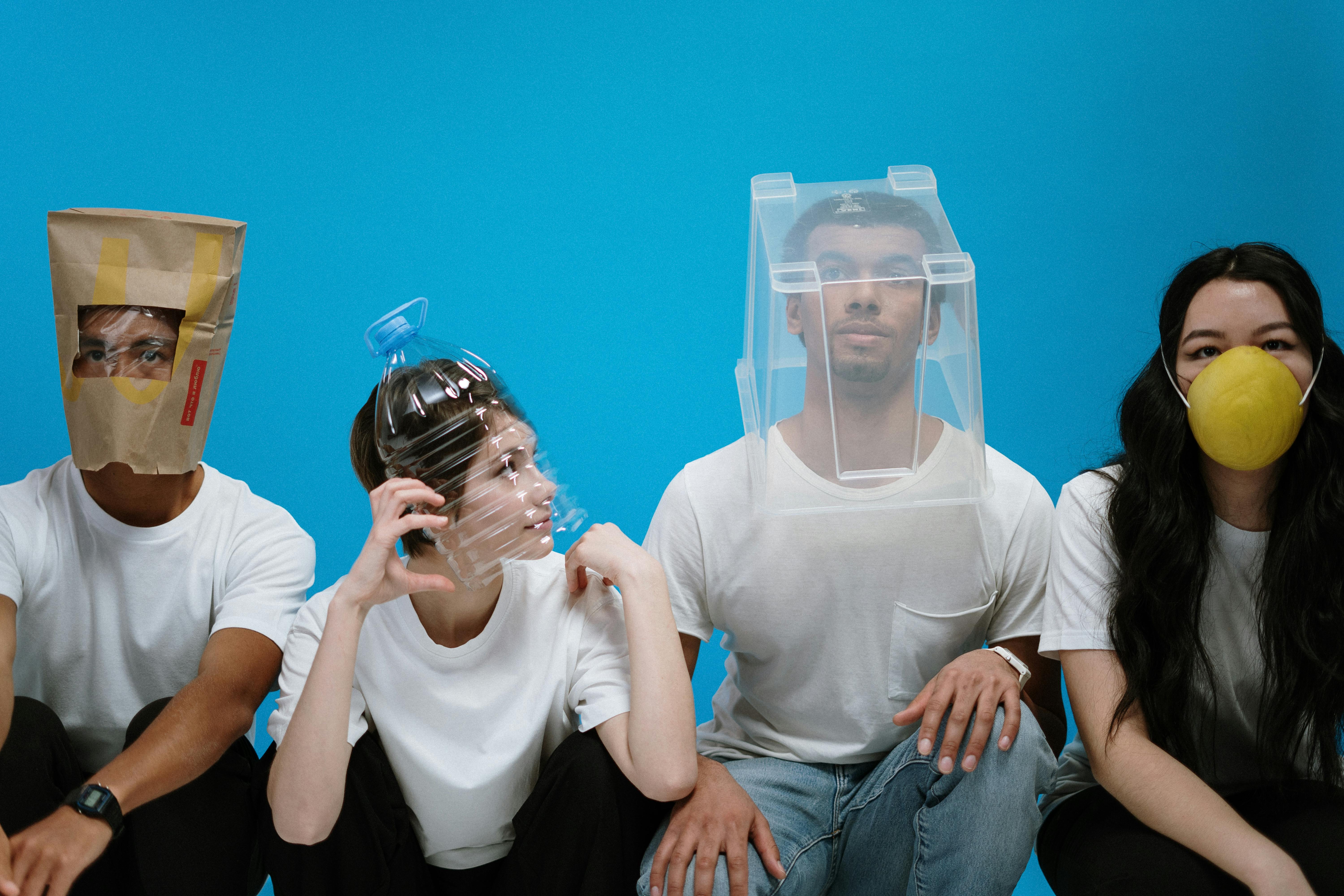Unmasking the Social Dynamics of Mask Wearing in the Pandemic Era
A simple piece of fabric has become a profound symbol of our times. The face mask, a critical tool in the fight against COVID-19, reveals as much about our society as it conceals about our faces. Read below to delve into the sociological implications of this ubiquitous accessory.

A Historical Glimpse: From Medical Necessity to Social Symbol
Historically, masks have been used primarily in medical and industrial settings. However, the onset of the COVID-19 pandemic transformed them into everyday essentials. This shift has added complex cultural and societal layers to what was once a simple tool, turning it into a symbol of personal responsibility, societal solidarity, and political division.
The Societal Stratification of Mask Wearing
Mask wearing, like many behaviors, is not evenly distributed across society. Research shows that various factors, including age, gender, political views, and geographical location, influence people’s willingness to wear masks. This stratification reflects broader societal divisions, and mask-wearing has become a potent symbol of these disparities.
The Cultural Significance: Beyond the Virus
Culturally, the mask has evolved to be more than just a protective equipment. It has become a canvas for self-expression and identity, with people choosing masks that reflect their personal style, political beliefs, or social affiliations. This cultural shift demonstrates how individuals navigate public health directives while maintaining their unique identities.
The Social Implications of Masks
Masks have affected the way we communicate and interact, obscuring facial expressions and muffling voices. This new barrier has sparked both challenges and innovations in interpersonal communication. It has also underscored our shared responsibility to protect one another, highlighting the interconnectedness of our actions and well-being.
The Future of Mask Wearing: A Societal Shift?
As societies grapple with the evolving pandemic, the future of mask wearing remains uncertain. Will it become a lasting social norm, fading into the background like many other public health measures? Or will it recede as the threat of COVID-19 diminishes? Regardless, the sociological implications of mask wearing will continue to shape our understanding of this unprecedented period in human history.
The face mask, an emblem of the COVID-19 era, offers a lens through which to examine our society. It reflects our divisions and unity, our individuality and community, our fears and resilience. As we continue to navigate the pandemic, the mask will remain a powerful symbol of our shared struggle, resilience, and adaptive capabilities.




